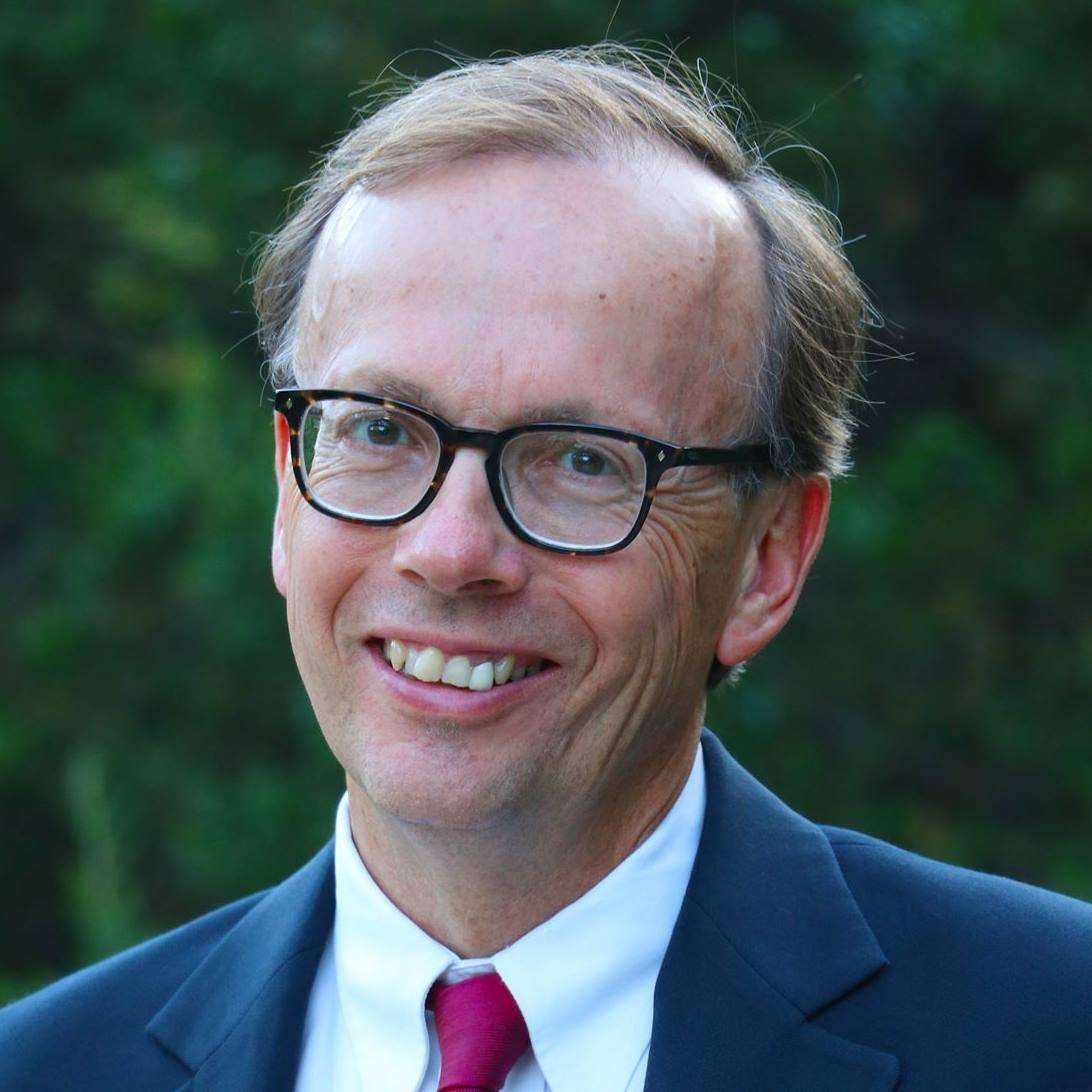
Kansas Representative Paul Waggoner says taxpayers may see continued debate on property tax relief next year, but much of the responsibility for rising bills rests with local governments.
Speaking on the BW Morning Show this week, Waggoner said that while lawmakers made a modest reduction to the state’s portion of property taxes this session — amounting to about a mill and a half — most of the property tax burden remains under local control.
“It’s your county commissioners, your school boards, your city councils — those are the folks that have the control,” Waggoner said. “We try to set the ground rules in Topeka, but it’s really up to voters to watch local spending.”
Waggoner pointed to the state’s “truth in taxation” law, which requires local officials to hold hearings and publicly disclose increases in tax rates, as a transparency measure that’s starting to make a difference.
Looking ahead, Waggoner said childcare and special education funding continue to draw attention at the Statehouse. He highlighted this year’s creation of an Office of Early Child Care as a significant reform aimed at addressing a patchwork system that makes it hard for families and providers to navigate.
On special education, Waggoner noted that while Governor Laura Kelly is pushing for additional annual increases, the state Supreme Court has ruled current funding levels meet constitutional requirements.
“School spending is at a record level,” Waggoner said. “We’re cautious about adding more because once you do, you have to keep it up every year.”
The representative also praised recent efforts to rein in the state budget, which saw a reduction of about $200 million in the general fund and more than $1 billion overall this year — even as tax cuts continue.
“State spending has gone up a lot in recent years,” Waggoner said. “But we’ve started to see some common sense come back.”
He said he doesn’t expect any major new spending pressures in the immediate future, but noted that long-term issues such as Medicaid reimbursements for nursing homes and inflation-linked school costs will remain challenges.
Two constitutional amendments are headed for Kansas voters next year: one to clarify that only U.S. citizens can vote in elections, and another to change how state Supreme Court justices are selected. Waggoner expects both measures to draw significant debate.
He also flagged sports wagering as an issue likely to resurface soon, as the state’s current casino contracts near renewal.
On economic development, Waggoner expressed skepticism about the extension of STAR bonds for possible new stadium projects for the Kansas City Royals and Chiefs, calling such deals “more political posturing than economic gain.”
“Stadiums don’t really bring the big economic impact people hope for,” he said.
With next year’s legislative session on the horizon, Waggoner said he hopes lawmakers will continue focusing on responsible budgeting, local accountability, and policies that make Kansas more competitive for families and businesses alike.





